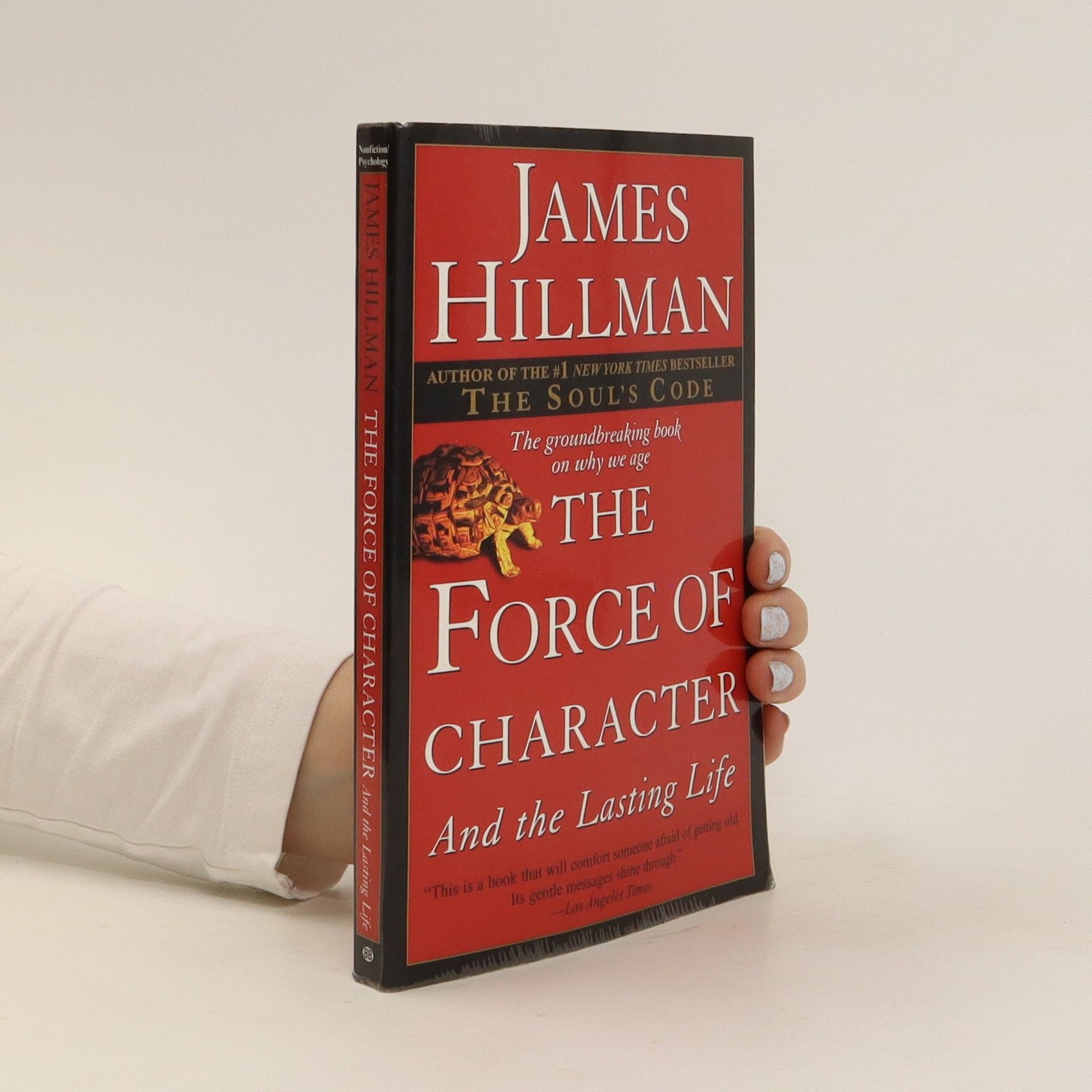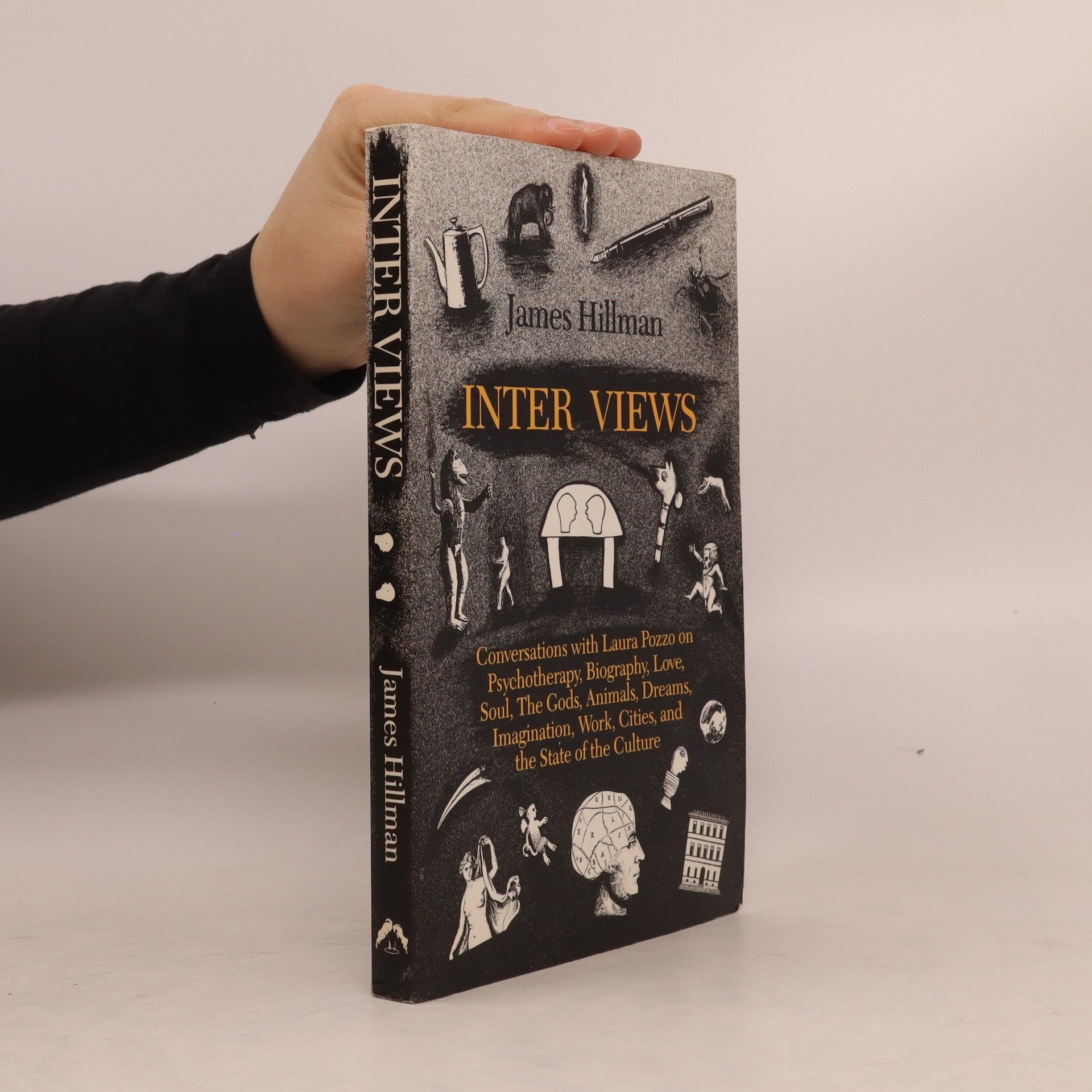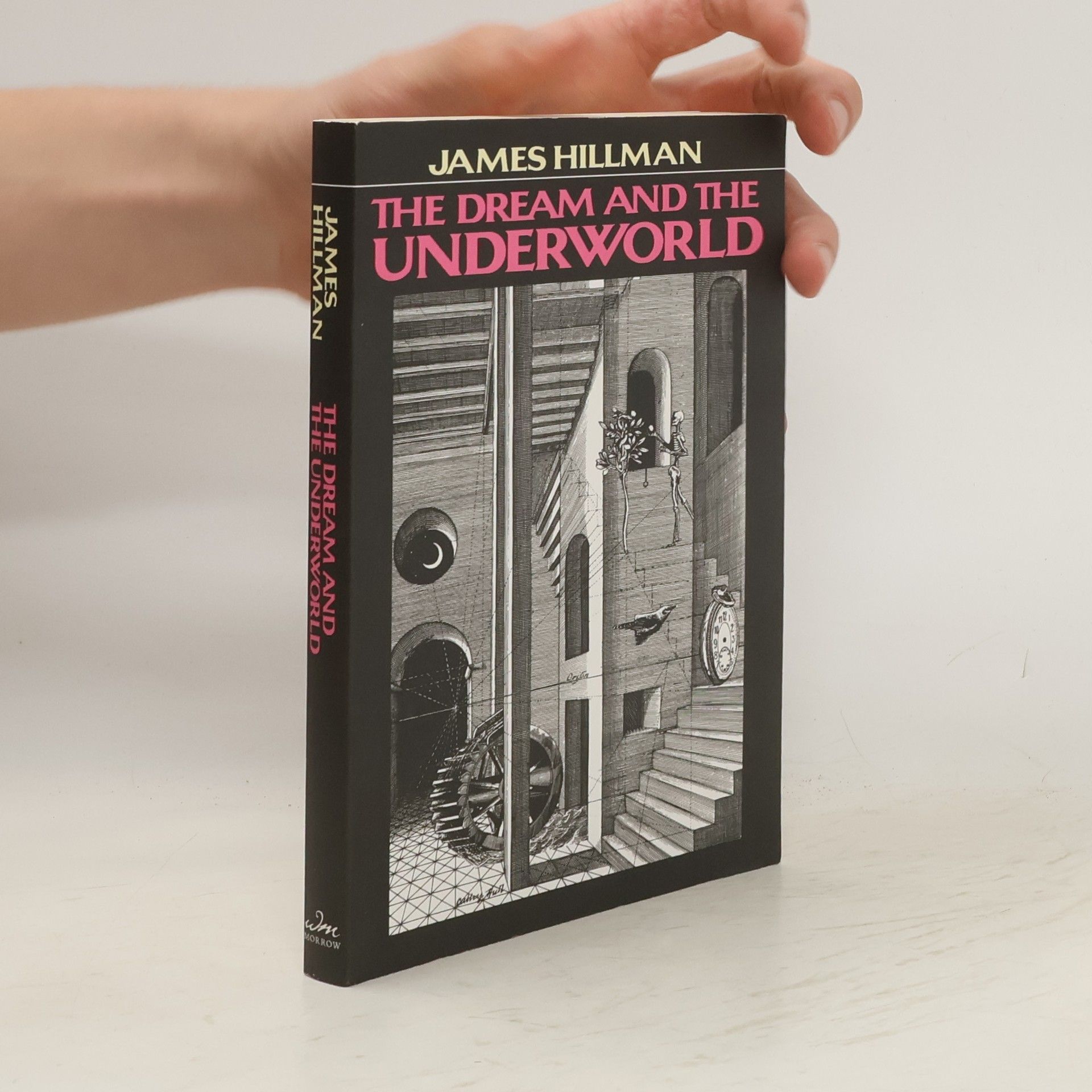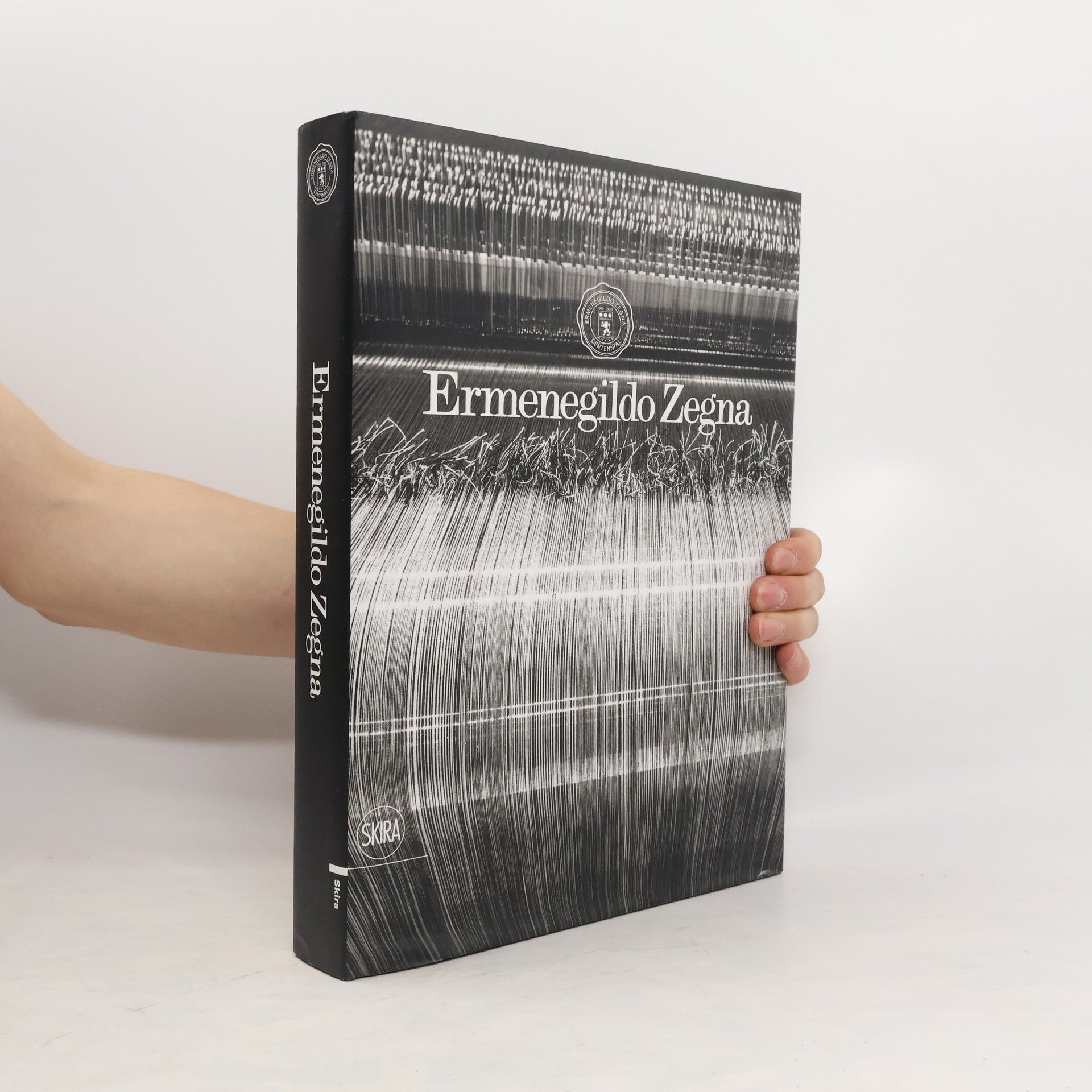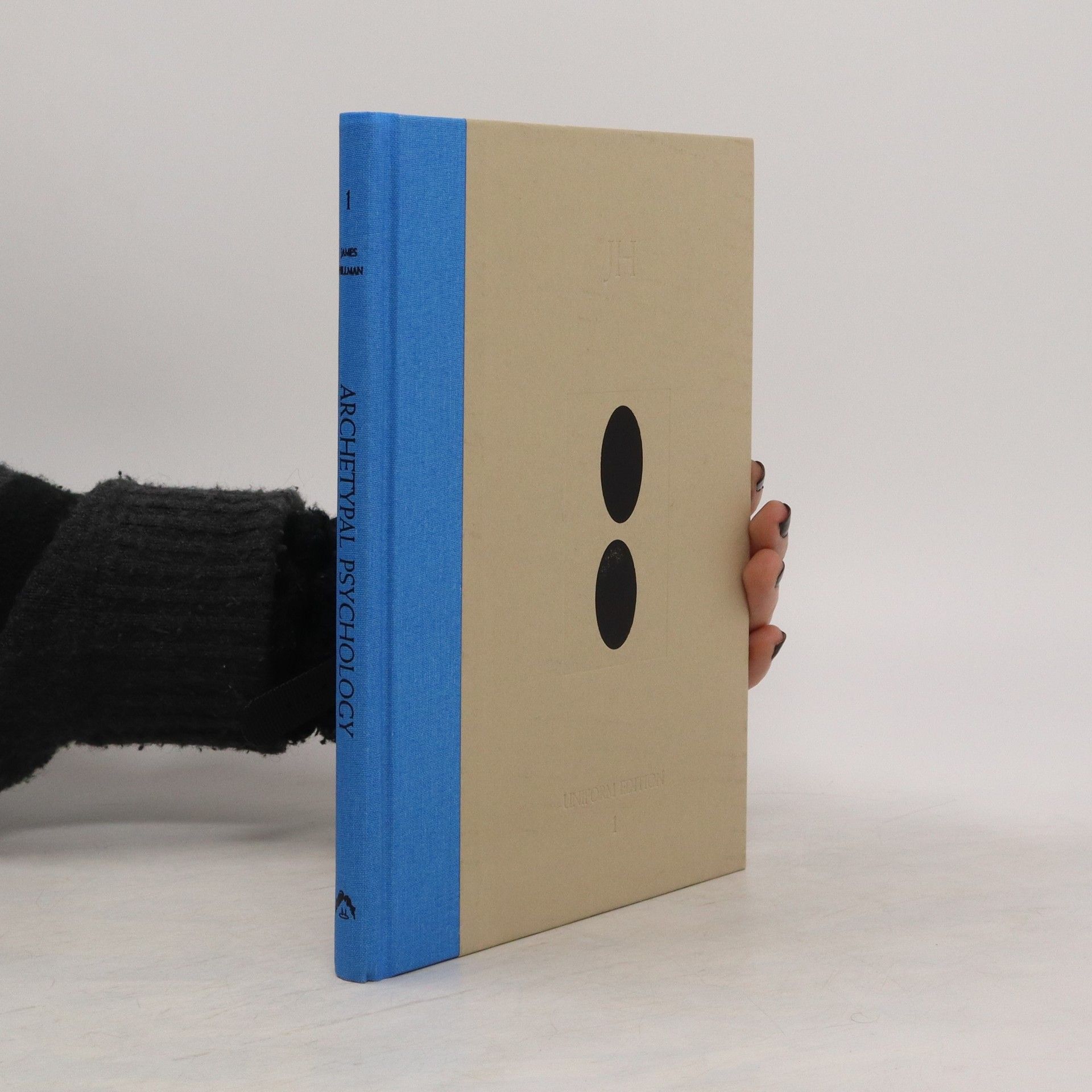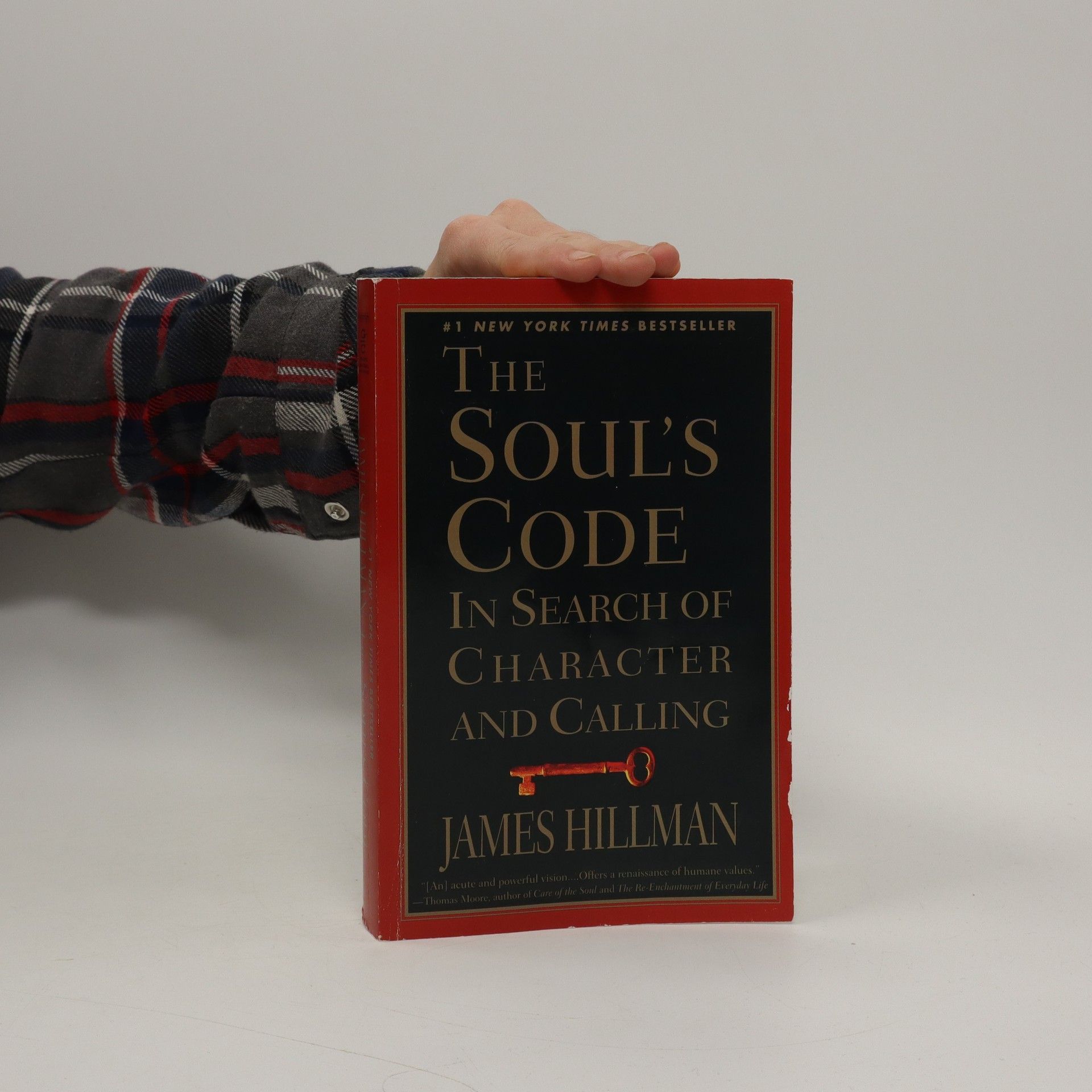Suicide and the Soul
- 160pages
- 6 heures de lecture
With this book James Hillman initiated the "soul movement" in psychotherapy more than fifty years ago. Soul and suicide are dominant issues of this new millennium; soul because it cannot be reduced to genes and chromosomes; suicide because it raises fundamental religious, political, and legal conflicts. As Hillman writes in the Postscript to the second edition: "The individual consists of more than his or her personal individuality. Something besides 'myself' inhabits the soul, takes part in its life and has a say in its death...We need a...definition of self as the interiorization of community. Suicide, literally 'self-killing, ' now would mean both a killing of community and involvement of community in the killing."Hillman's book tries to carry Jung's ideas of a soul-informed psychology into the most wrenching agony of therapeutic practice: the suicide of the patient. It goes to the heart of therapy. Since we are each in a silent therapy with ourselves, the issue of suicide reaches into the heart of each of us. Suicide and the Soul resurrects "soul" from its reliquary in spiritual churchiness and instills the idea with the passion-laden daily life of soul food, soul music, soul brother, soul sister, and soul death.This new edition is introduced by the eminent psychiatrist and pioneering social critic Thomas Szasz

